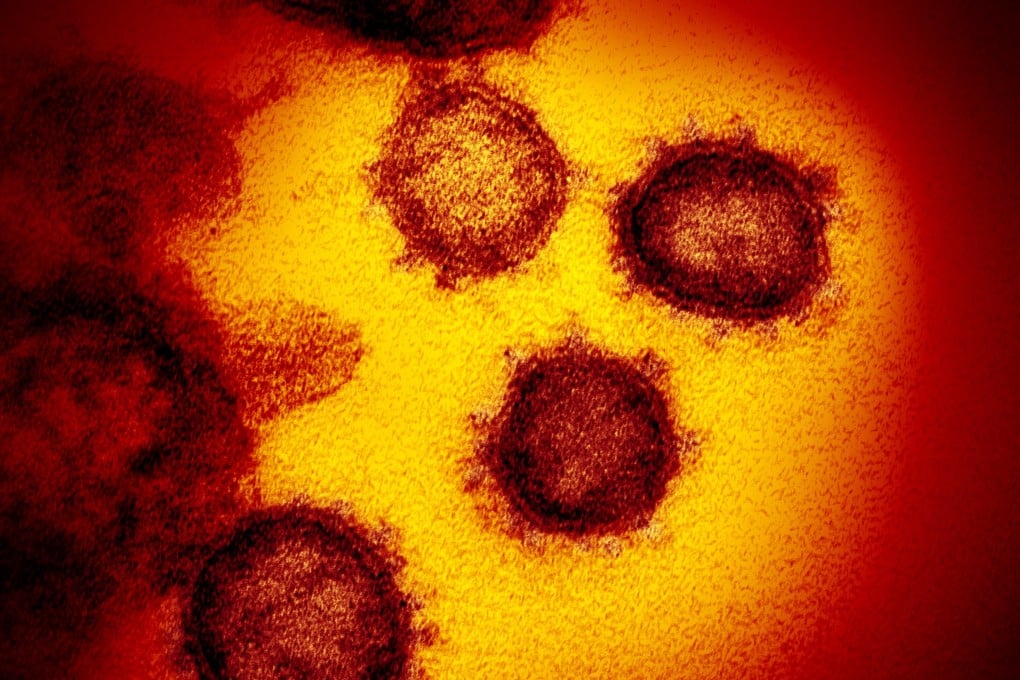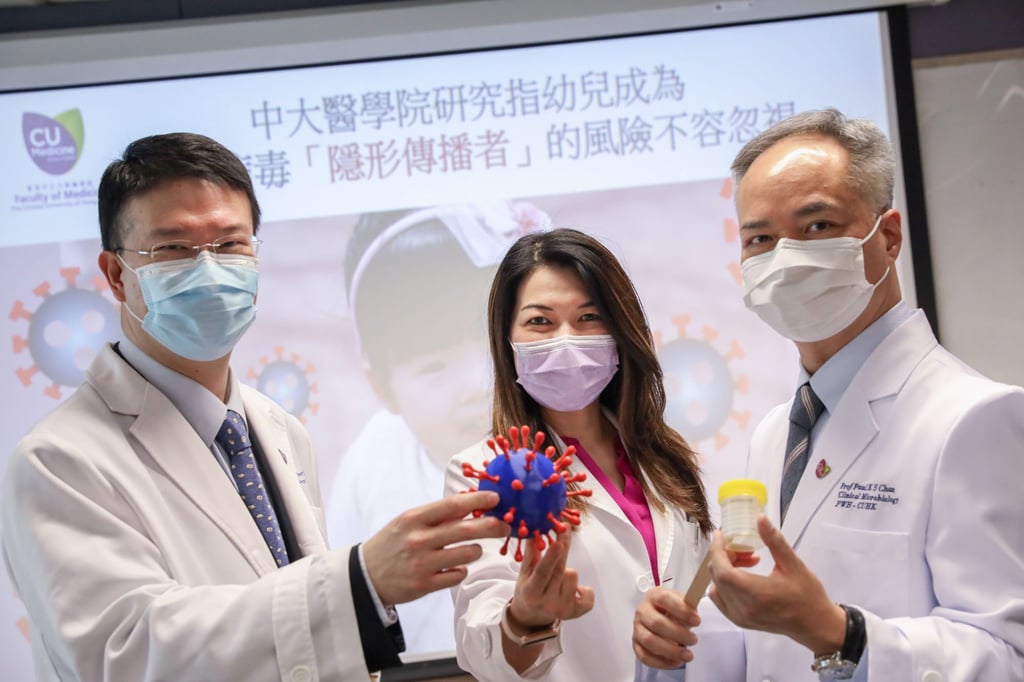Coronavirus: children could be silent carriers of Covid-19 in community, Hong Kong researchers find
- Toddlers found to have significantly higher viral loads than even adults who need intensive care, according to a study done in the United States
- Children are more likely to become a hidden source of infection, and may play a role in community transmission, Chinese University researchers say

Data collected locally by researchers at Chinese University showed the coronavirus survived in stool samples for as long as 36 days in the case of one child. Researchers in the city also cited a separate study in the United States that showed toddlers had significantly higher viral loads than even adults who needed intensive care, making them more contagious.
“They are more likely to become a hidden source of infection, and may play a role in community transmission,” Professor Ng Siew-chien, associate director of the Centre for Gut Microbiota Research at the university, said on Tuesday.
“While we are working intensively to prevent high-risk individuals from being infected, it is important to come up with a solution to avoid unfavourable outcomes in young children.”

The researchers said stool sample testing could be an accurate, safe and effective way to screen for Covid-19 among children, especially as schools will gradually reopen after the Easter break.
Last month, the government said it would ease restrictions on in-person classes to allow two-thirds of pupils to return to schools when term restarts after Easter.